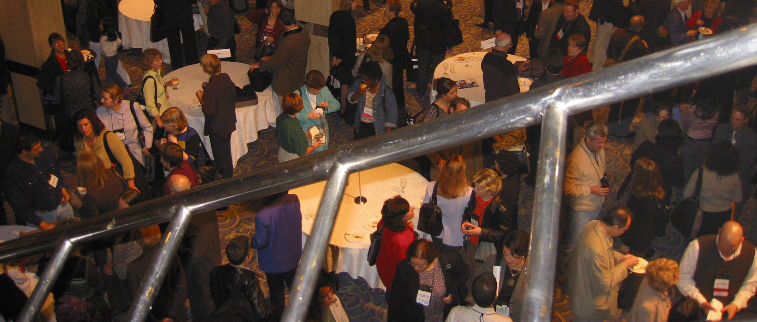Dear Readers, we are in the process of changing our platform and that has had an unexpected impact on our comments feature. We love to hear from you, therefore you are invited to make yourself heard via email to
tno_editor@najit.org or
NAJIT's Facebook group.
After I wrote that, I realized that “how not to ask for repetitions” could be taken two ways, so I’d like to address both of them.
Part I: How Not to Need Repetitions.
1. Practice your active listening skills.
2. Train yourself to understand different accents (in both your working languages).
3. Buy sound-enhancing equipment for yourself, so you can hear better.
4. Understand the law, case law, and court processes so you can make a good educated guess at something you aren’t sure if you heard or not. (For example, memorizing possible sentences associated with certain crimes.)
5. Learn to talk faster. I suggest tongue twisters and shadowing the news.
6. Work on the Stare of Death you can give the chatterbox who’s standing behind you (not a party to the case).
7. Practice gestures and body language that will help you control the flow of witness testimony so you don’t forget long segments …
8. … but also strengthen your short-term memory and note-taking skills so you can remember longer segments.
02 September, 2016
/






